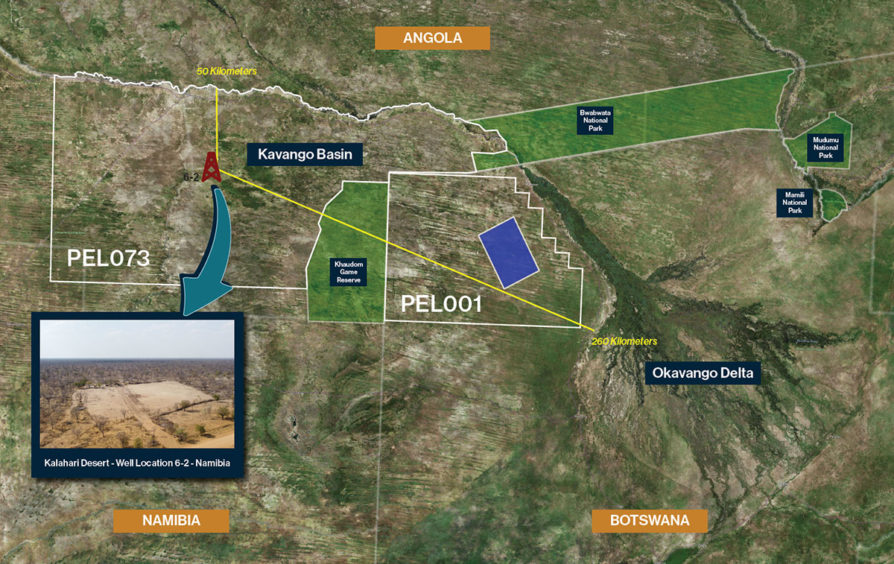
Unesco’s World Heritage Centre has said it is “vigilant” over plans for exploration in Namibia and Botswana.
Reconnaissance Energy Africa said on December 21 that most of its drilling equipment has arrived at the first well site, in the Kavango Basin.
Some environmental groups alerted Unesco to the plans. The agency said it had asked for more information on ReconAfrica’s plans and their potential impact on the World Heritage sites.
As such, it organised an online meeting with Botswana and Namibia. As a result of the meeting, Botswana excluded the Tsodilo Hills site. This had included by mistake, Unesco said.
Frack Free Namibia & Botswana said the Unesco statement was a “big win” for the group. The group handed over a letter to Unesco’s Windhoek office in early December complaining about ReconAfrica’s plans.
“Our voices were heard: Tsodilo Hills has been excluded,” the pressure group said. The next step, it continued, is “stopping Recon from drilling altogether”.
“The World Heritage Committee has always taken a strong position that oil and gas exploration or exploitation activities are incompatible with World Heritage status,” said Unesco World Heritage Centre’s director Dr Mechtild Rössler.
The Namibia and Botswana governments agreed to ensure that all relevant stakeholders would be consulted on any environmental impact assessments (EIAs). However, the Unesco statement also noted that the governments were eager to “advance the region to greater economic gains through the sustainable utilisation of its natural resources”.
Drill plans
ReconAfrica completed preparations for well 6-2 in mid-December. The company used a small rig to drill the initial bore. A more capable rig arrived in Walvis Bay on December 11 and has now arrived on site.
Progress will get under way on the well in January. This is the first of a three well programme, which will test a Permian-aged petroleum system.
ReconAfrica said it would focus on conventional oil and gas reservoirs, which will flow naturally. This comment seems intended to head off concerns over hydraulic fracturing.
Unesco’s World Heritage Committee will examine conservation in the Okavango Delta at its next meeting, in 2021.
